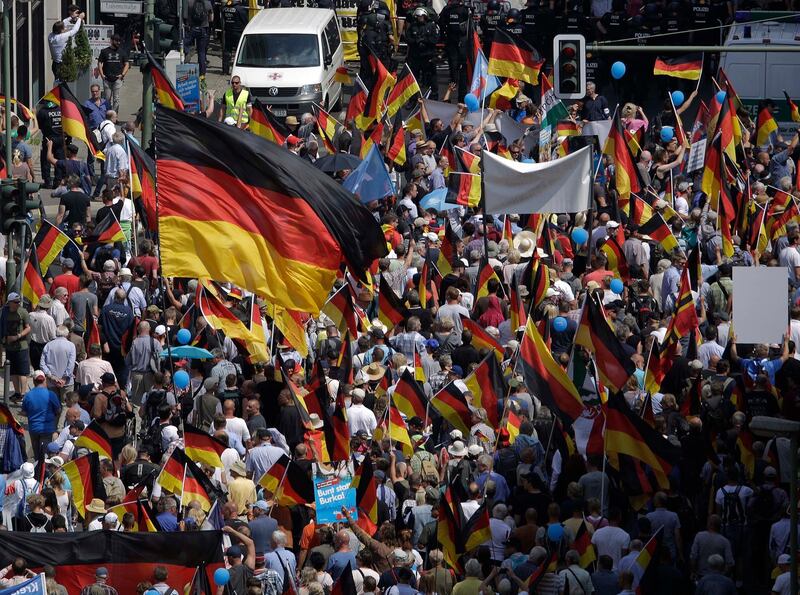A ground-breaking study into the impact of hate speech on social media has concluded that anti-refugee prejudice could be tipped into violence by increased exposure to Facebook.
UK-based researchers examined more than 3,300 anti-refugee incidents over two years in Germany and found that towns where residents had a higher than average use of Facebook saw more attacks on migrants.
The study found that when the internet was down, or Facebook could not be reached, then violence dropped. It concluded that “social media echo chambers can reinforce anti-refugee sentiments, which may push some potential perpetrators over the edge to carry out violent acts”.
The findings raise significant questions for lawmakers as the European Union grapples with the issue of regulating social media networks following criticisms of the major tech giants for failing to remove extremist material.
It also adds to evidence that “fake news” and planted stories by hostile actors could have real-world implications on human behaviour, such as voting patterns, radicalisation and the manipulation of consumer behaviour.
The study, by researchers from the University of Warwick, suggested that a 50 per cent cut in anti-refugee sentiment on social media would cut violent incidents by one-eighth.
Germany last year introduced an anti-online hate speech law which threatens to penalise platforms such as Facebook with fines of up to 50 million euros for failing to delete “criminal” content. The senior EU official responsible for security said that legislation was being considered to bring in fines if platforms failed to remove content flagged by law enforcement within an hour.
________________
Read more:
[ EU plans new laws to target terror on social media sites ]
[ Supporters of ex-minister Boris Johnson post anti-Muslim comments on Facebook page ]
________________
The Warwick University research focused on Germany because of the rapid rise of right-wing parties that left Chancellor Angela Merkel barely clinging to power after elections last year. Under Mrs Merkel, Germany allowed large numbers of migrants to settle after the migrant crisis of 2015, fuelled by war and instability in the Middle East.
The rise in refugee numbers also led to a backlash against newcomers with the two years of anti-refugee incidents logged by an NGO including 750 cases of arson and assault.
The study was based on comments to the Facebook page of the German anti-migration party Alternative fur Deutschland (AfD), which became the third largest party in last year’s parliamentary elections.
It had more followers on Facebook than any other Germany party – and was the only one without explicit rules about removing racist and discriminatory comment, the researchers found.
The researchers plotted the number of posts about refugees on the AfD page against the number of anti-refugee incidents – and found a correlation between the two.
Prosecutors highlighted the case of a trainee firefighter, who had shared anti-foreigner articles with friends via Facebook, but showed little outward sign of harbouring violent political views before he tried to torch a refugee home in the northwest German town of Altena.
"He said to his partner one day: 'And now we have to do something'," prosecutor Gerhard Pauli told the New York Times. Nobody was hurt in the attack.
Facebook announced in January that it was changing its news algorithm after criticisms that it was promoting fake news, the latest in a series of changes to its systems. Its founder, Mark Zuckerberg, told US lawmakers in April that regulation of social media is “inevitable” after a series of scandals about the misuse of data on the platform.
Facebook was contacted for comment.







